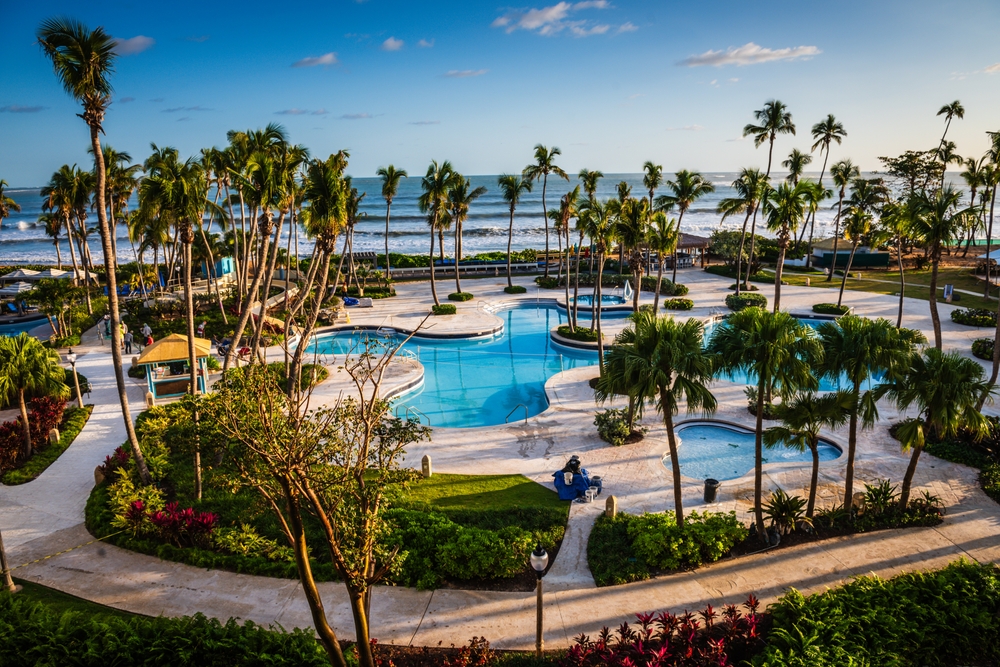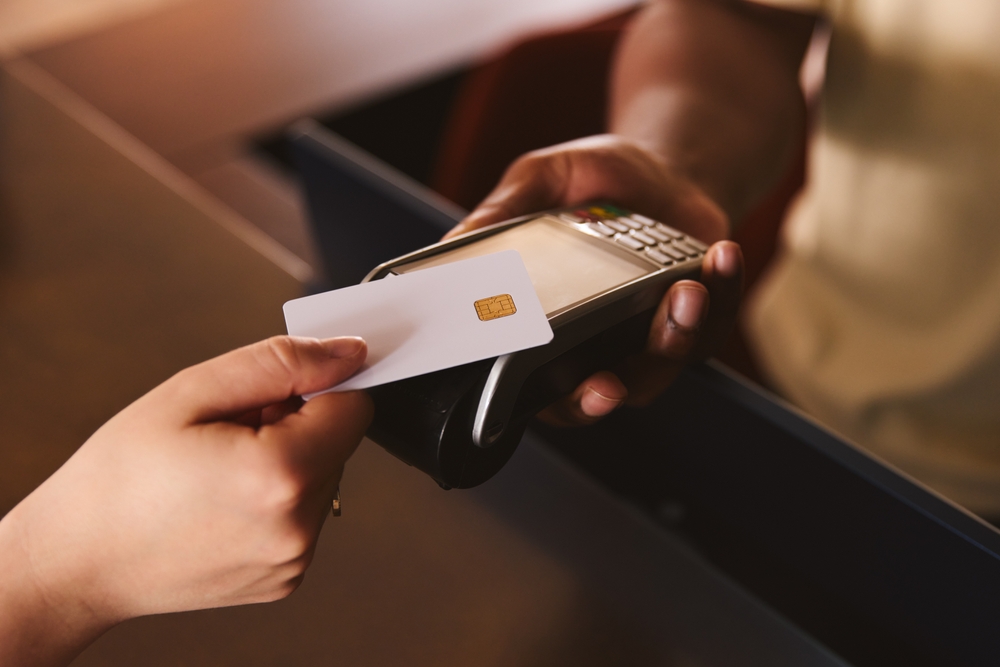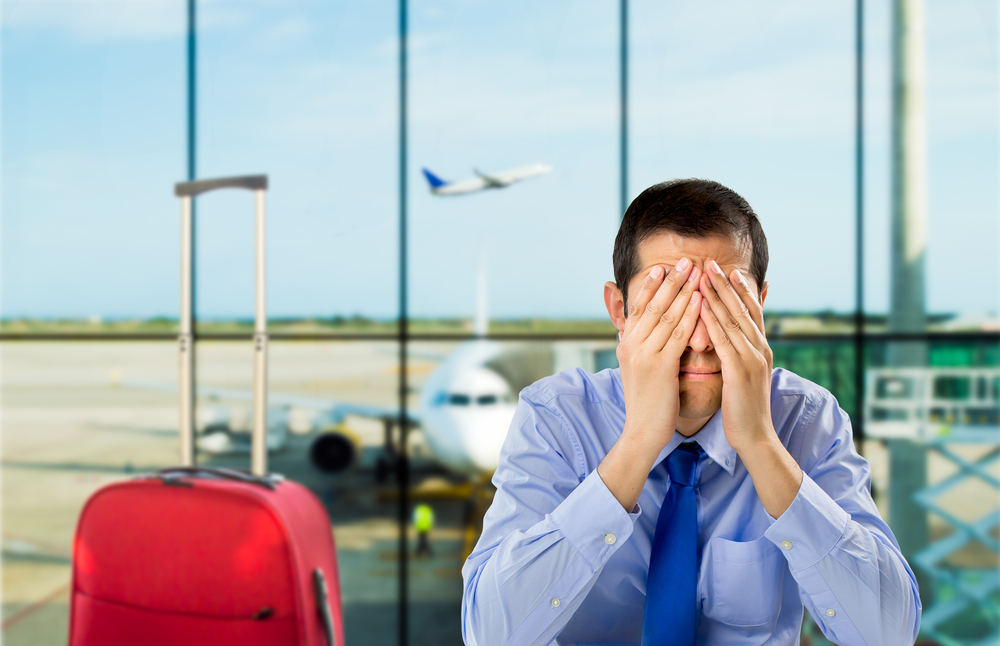Backpacking Vietnam: An Informative Guide
Backpacking Vietnam offers a blend of history, culture, and natural beauty. Tourists find it affordable and rich in experiences. Here, we explore essential information that will help make your trip memorable.
Understanding the Culture
Vietnam is a country with deep-rooted traditions. Family plays a central role. Respect for elders is crucial. Buddhism influences many cultural practices. Remember that gestures such as bowing slightly when greeting are appreciated.
Essential Destinations
The country is dotted with must-see destinations. Each has unique characteristics that reflect the diversity of Vietnam.
- Hanoi: The capital city offers Hoan Kiem Lake, Old Quarter, and the Temple of Literature. Night markets and street food vendors abound.
- Halong Bay: Known for its emerald waters and limestone islands. It’s a UNESCO World Heritage site. Cruises offer an immersive experience.
- Hue: Once the imperial capital. Sites include the Imperial City and Thien Mu Pagoda. Perfume River cruises are popular.
- Hoi An: An ancient town famous for its well-preserved architecture and tailoring shops. Paper lanterns illuminate the streets at night.
- Ho Chi Minh City: The largest urban area. Vibrant nightlife, bustling markets, and historical sites such as the War Remnants Museum make it a highlight.
- Mekong Delta: Known for its floating markets and river cruises. The area is lush and fertile.
Transportation Tips
Getting around Vietnam is straightforward. Here are some transportation options.
- Buses: An affordable choice. Sleeper buses connect major cities. They can be crowded during peak times.
- Trains: Offer scenic routes. The Reunification Express runs from Hanoi to Ho Chi Minh City. Soft sleepers provide comfort for long journeys.
- Motorbikes: Popular among backpackers. It provides freedom to explore off-the-beaten-path places. Remember to carry an international driving permit.
- Taxis and Ride-Hailing: Available in cities. Apps like Grab operate efficiently. Ensure drivers start the meter to avoid disputes.
- Flights: Domestic flights are convenient for long distances. Airlines like Vietnam Airlines and VietJet offer frequent services.
Accommodation Choices
From hostels to hotels, Vietnam caters to all budgets. Here’s a brief overview.
- Hostels: Ideal for budget travelers. Many offer dormitories, private rooms, and social activities. Check reviews on platforms like Hostelworld.
- Guesthouses: Provide more privacy. Often family-run. Prices are reasonable, and locations are central.
- Hotels: Range from budget to luxury. Amenities vary. Booking in advance can secure better rates.
- Homestays: Offer an authentic experience. Families host you in their homes. It’s a great way to learn about local customs.
- Airbnb: Available in major cities. Options include apartments and private homes. It’s perfect for flexible stays.
Local Cuisine
Vietnamese cuisine is renowned worldwide. Street food is a big part of the experience. Below are some must-try dishes.
- Pho: A noodle soup with beef or chicken, garnished with herbs. Found at street stalls and restaurants alike.
- Banh Mi: A baguette sandwich filled with various ingredients like pork, cucumber, and pickled carrots. A quick and tasty meal.
- Bun Cha: Grilled pork served with vermicelli noodles and dipping sauce. Hanoi is known for this dish.
- Goi Cuon: Fresh spring rolls packed with shrimp, pork, and vegetables. Served with a peanut dipping sauce.
- Ca Phe Sua Da: Iced coffee with condensed milk. A refreshing and sweet beverage.
Budgeting Your Trip
Vietnam remains affordable for backpackers. Here’s a breakdown of daily expenses.
- Accommodation: Hostels can cost as little as $5 per night. Budget hotels range from $15 to $30.
- Food: Street food is cheap, ranging from $1 to $3 per meal. Restaurants might charge $5 to $15 per dish.
- Transportation: Local buses and trains are inexpensive. Flights within the country start from around $30.
- Activities: Entrance fees for attractions are low. Guided tours and experiences might cost between $10 and $30.
Health and Safety
Your well-being is important. Here are some tips to stay safe and healthy.
- Health: Carry a basic first aid kit. Drink bottled water. Street food is generally safe, but choose busy vendors.
- Vaccinations: Ensure routine vaccines are up to date. Hepatitis A and typhoid vaccinations are recommended.
- Safety: Vietnam is relatively safe. However, petty theft occurs. Keep valuables secure. Avoid traveling alone at night in unfamiliar areas.
- Insurance: Travel insurance is crucial. It covers medical emergencies and trip cancellations. Verify that it includes motorbike-related incidents if you plan to ride one.
Responsible Tourism
Travelling responsibly is vital. Here’s how you can contribute positively.
- Respect Local Customs: Dress modestly, especially at religious sites. Learn basic phrases in Vietnamese. It shows respect and friendliness.
- Minimize Waste: Carry reusable water bottles and bags. Properly dispose of trash. Reduce plastic usage.
- Support Local Businesses: Buy from local vendors and artisans. It boosts the local economy. Choose homestays or locally-owned accommodations.
- Environmental Protection: Stick to marked trails. Do not disturb wildlife. Participate in local conservation efforts if possible.
Essential Packing List
Pack smart for a comfortable trip. Here’s a suggested list of essentials.
- Clothing: Lightweight and breathable clothes. A waterproof jacket. Comfortable walking shoes and sandals.
- Toiletries: Basic hygiene products. Sunscreen and insect repellent. A small first aid kit.
- Gear: A durable backpack. A daypack for daily excursions. A travel adapter for electronics.
- Documents: Passport with visa. Copies of important documents. Travel insurance details.
- Extras: A reusable water bottle. A good travel guidebook. Snacks and a small padlock for hostel lockers.
Communication Tips
Basic communication can enhance your experience. Here are some handy tips.
- Language: Learn a few Vietnamese phrases. “Xin chao” (Hello), “Cam on” (Thank you), and “Xin loi” (Sorry) are useful.
- Apps: Translation apps like Google Translate help. Offline maps are useful in case of no internet.
- Local SIM Card: Consider buying a local SIM card. It’s cost-effective and aids navigation.
- Wi-Fi: Available in most accommodations and cafes. Connectivity is generally reliable.
Top Experiences
Vietnam has countless experiences. Some should not be missed.
- Explore Cu Chi Tunnels: Learn about the tunnel systems used during the Vietnam War. It’s an insightful visit.
- Take a Cooking Class: Many cities offer cooking classes. It’s a great way to learn about local cuisine and culture.
- Mekong River Cruise: Explore the Delta’s waterways. Floating markets and traditional villages make it unique.
- Trek in Sapa: The northern region offers lush rice terraces. Homestays with ethnic minorities add to the experience.
- Relax in Nha Trang: Known for its beach. Water activities and island tours attract many visitors.
- Visit Sand Dunes in Mui Ne: Red and white sand dunes provide a contrasting landscape. Sandboarding is a popular activity.





